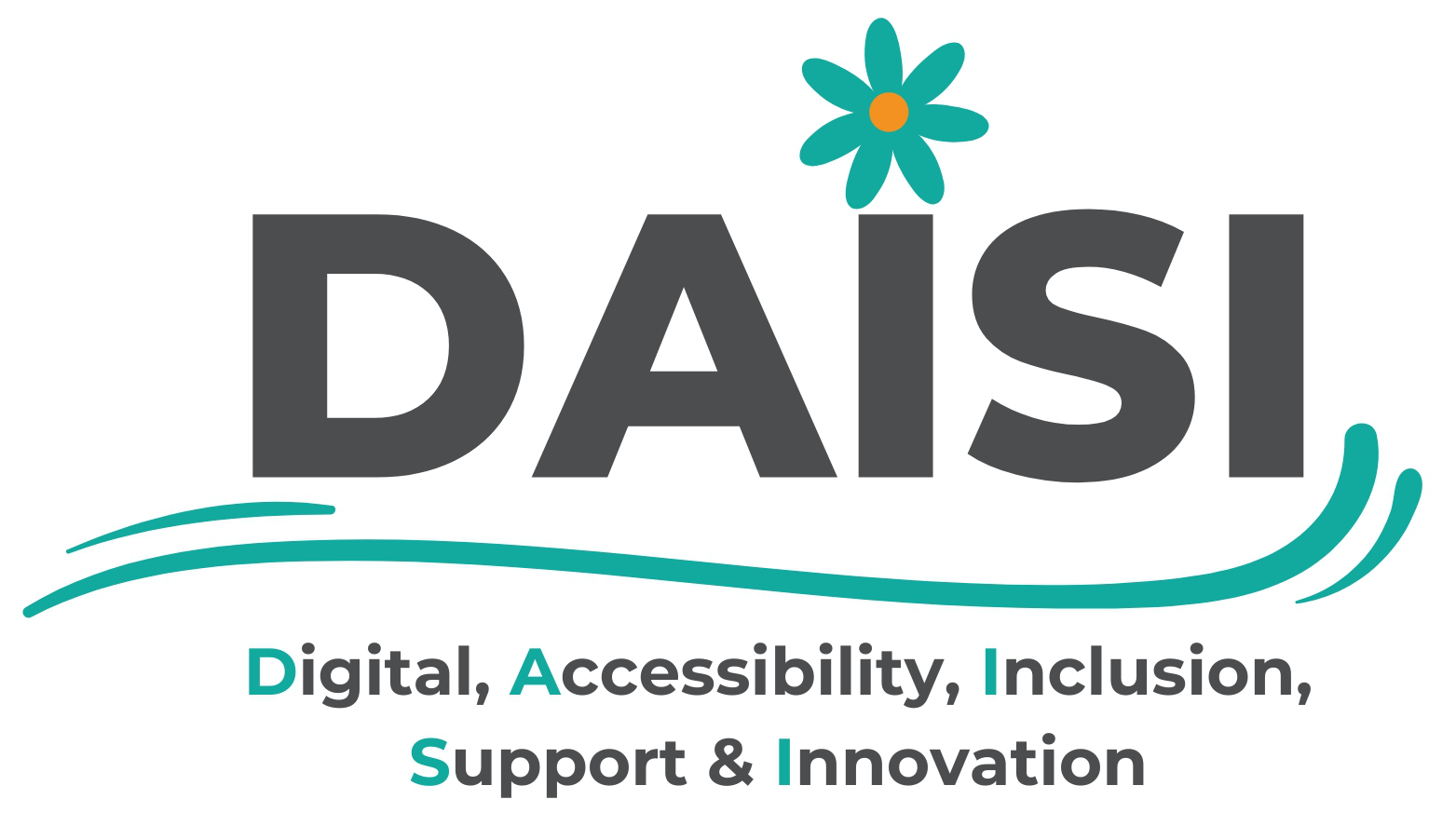Money has always been central to human civilization — a tool for trade, value, and trust. But in the digital age, money has evolved far beyond coins and paper. Technology has reshaped how we earn, save, spend, and invest, creating a global financial system that moves at the speed of light. From online banking to cryptocurrencies, the world’s economy now thrives in a virtual space where transactions are instant, invisible, and interconnected.
1. The Evolution of Money
Money’s journey from barter to blockchain tells the story of human progress.
- Barter Systems: Early civilizations exchanged goods and services directly.
- Metal Coins and Paper Currency: Standardized value for trade and taxation.
- Credit and Banking: Enabled savings, lending, and large-scale commerce.
- Digital Payments: The late 20th century introduced credit cards, ATMs, and online transfers.
- Cryptocurrency and Fintech: The 21st century’s decentralized, digital-first approach to finance.
Each phase brought new convenience — and new challenges — shaping how individuals and societies interact with wealth.
2. Digital Money Today
In the modern economy, money is largely electronic data rather than physical cash. Banks, payment apps, and online wallets store and transfer value digitally, using secure networks. Some of the most common digital money systems include:
| Online Banking | HSBC, Barclays, Chase, Revolut | Manage accounts, transfers, and bills electronically |
| Digital Wallets | PayPal, Apple Pay, Google Pay | Secure apps for contactless and online payments |
| Mobile Banking Apps | Monzo, Starling, N26 | Offer real-time control over spending and saving |
| Cryptocurrencies | Bitcoin, Ethereum, Solana | Decentralized digital assets using blockchain technology |
| Central Bank Digital Currencies (CBDCs) | e-CNY, Digital Euro (under development) | Government-backed digital versions of national currencies |
These systems allow instant payments, borderless transactions, and greater accessibility — even for people without traditional bank accounts.
3. Advantages of Digital Money
Digital money offers countless benefits in convenience, efficiency, and global reach:
- Speed: Transfers happen in seconds rather than days.
- Accessibility: Online platforms make banking available to remote and underserved populations.
- Security: Encryption and authentication help protect transactions.
- Transparency: Digital records simplify tracking and reduce fraud.
- Innovation: Fintech startups introduce new ways to save, invest, and budget.
From small mobile payments to international trade, the world economy now runs largely on invisible bytes rather than physical bills.
4. The Rise of Fintech
“Fintech” — short for financial technology — describes the integration of tech into financial services. Companies like Revolut, Wise, and Robinhood have disrupted traditional banking by offering faster, cheaper, and more user-friendly alternatives.
Fintech innovations include:
- Peer-to-Peer Payments: Sending money instantly between users.
- Micro-Investing Apps: Allowing small, automated investments.
- Digital-Only Banks: No physical branches, fully app-based.
- AI-Driven Financial Advice: Personalized guidance using data analytics.
- Blockchain and Smart Contracts: Secure, decentralized systems for transactions and agreements.
These advances empower users with control and flexibility that would have been impossible just a decade ago.
5. Cryptocurrencies and Blockchain
Cryptocurrency represents one of the most radical shifts in the history of money. Built on blockchain — a decentralized digital ledger — it removes the need for banks or governments to oversee transactions.
- Bitcoin introduced the concept of digital scarcity and peer-to-peer currency.
- Ethereum expanded possibilities with smart contracts and decentralized applications (dApps).
- Stablecoins and CBDCs bridge the gap between crypto and traditional finance.
While volatile, cryptocurrencies have sparked debates about the future of monetary control, financial inclusion, and digital sovereignty.
6. Challenges of Digital Finance
Despite its advantages, digital money comes with risks and complications:
- Cybersecurity Threats: Hacking and identity theft are ongoing dangers.
- Privacy Concerns: Every transaction leaves a digital footprint.
- Digital Divide: Those without technology access are excluded.
- Volatility: Cryptocurrencies fluctuate rapidly in value.
- Regulation: Governments struggle to balance innovation with consumer protection.
The convenience of digital finance must always be balanced against security and ethical considerations.
7. Work, Wealth, and the Digital Economy
The way people earn money has changed just as dramatically as how they spend it. Freelancing, e-commerce, and content creation now provide income streams entirely within digital ecosystems.
Platforms like YouTube, Etsy, and Fiverr allow individuals to monetize creativity and skill. Digital payment systems and global marketplaces have turned entrepreneurship into a borderless endeavor. The result is a gig economy that offers flexibility but also uncertainty — without traditional job security or benefits.
8. The Future of Money
The next chapter of money’s evolution is already being written:
- AI and Automation: Personalised financial management and predictive analytics.
- Blockchain Expansion: Smarter, faster, and greener transaction systems.
- Global Digital Currencies: Governments exploring secure, state-backed digital money.
- Financial Inclusion: Reaching the unbanked through mobile technology.
- Ethical Finance: Growing focus on sustainability and social responsibility.
As technology advances, money will become more integrated into everyday life — intelligent, seamless, and increasingly invisible.
Conclusion
Money in the digital age is more than a medium of exchange; it’s a network of trust powered by technology. The shift from coins to code has opened new opportunities for innovation, inclusion, and economic growth.
Yet the challenge remains the same as it has for millennia: ensuring that money serves people — not the other way around.
In this new era of digital finance, success will belong to those who balance progress with responsibility, and who use technology not just to build wealth, but to build a better world.





